
Labour Party presidential candidate in the 2023 election, Peter Obi, has warned that the conviction of the Indigenous People of Biafra leader, Nnamdi Kanu, could worsen the security tension in the country.
Obi, in a statement posted on his X account on Saturday, said the judgment risks heightening national tension rather than easing it.
He said the news of Kanu’s conviction should compel Nigerians to reflect deeply, especially “at a time like this,” when the nation is contending with economic hardship and escalating insecurity.
Obi stated that Kanu’s arrest and detention were avoidable, arguing that the entire episode signalled leadership failure and a misreading of the core issues.
According to him, the grievances Kanu raised were neither new nor impossible to resolve, but demanded “wisdom, empathy and genuine engagement.”
He faulted the government for relying on force rather than exploring dialogue or reforms. “Coercion becomes necessary only when reason has been exhausted. In this case, reason was not fully explored, if at all,” he said.
Calling for calm, Obi urged the Presidency, the Council of State and respected statesmen to intervene and work towards sustainable peace.
He stressed the need for “healing over hostility, reconciliation over retaliation, and dialogue over division,” expressing hope that peace would eventually prevail if Nigeria embraces justice, fairness and compassion.
Earlier in the week, The PUNCH reported that the Federal High Court in Abuja convicted Kanu on all seven terrorism-related charges brought against him. Justice James Omotosho sentenced him to life imprisonment on counts one, two, four, five and six—opting against the death penalty.
He also imposed 20 years’ imprisonment on count three, which bordered on membership of a proscribed terrorist group, and five years on count seven, which involved the unlawful importation of a radio transmitter. Both sentences carry no option of fine.
The charges stemmed from Kanu’s secessionist campaigns, alleged acts of terrorism, killings of security operatives, destruction of public property and the operation of Radio Biafra.
The court held that his recorded threats and sit-at-home directives in the South-East qualified as acts of terrorism under Nigerian law.



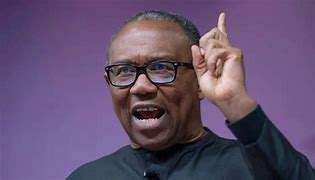




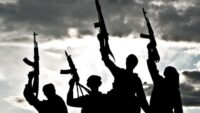
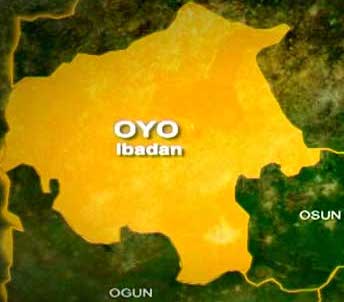
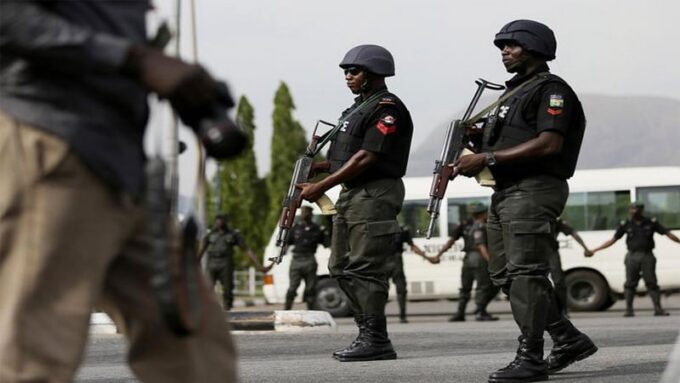

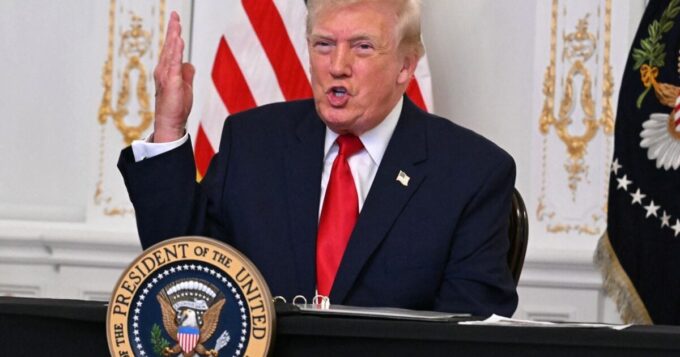


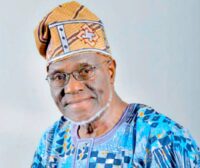


Leave a comment